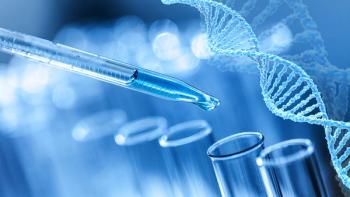
Through a multi-year collaboration, Pfizer and Evotec aim to conduct early discovery research for therapeutics against metabolic and infectious diseases.
Feliza Mirasol is the science editor for BioPharm International.

Through a multi-year collaboration, Pfizer and Evotec aim to conduct early discovery research for therapeutics against metabolic and infectious diseases.

The acquisition of uniQure’s Lexington, Mass., manufacturing operations will boost Genezen’s late-phase and commercial gene therapy development and manufacturing services.

A strategic partnership between LenioBio and Labscoop is aimed at making scalable cell-free protein synthesis technology more accessible across North America.

EMA has accepted GSK’s application seeking treatment with Jemperli (dostarlimab) plus chemotherapy for all adult patients with primary advanced or recurrent endometrial cancer.

The Celsius Therapeutics acquisition will add CEL383, a potential first-in-class anti-TREM1 antibody for IBD, to AbbVie’s portfolio.

With the Proteologix acquisition, Johnson & Johnson gains two bispecific antibody early phase assets for immune-mediated diseases.

Novo Nordisk plans to invest $4.1 billion in a second fill/finish manufacturing facility in Clayton, N.C., boosting its current 2024 investments into production to $6.8 billion.

FDA has granted expanded approval to Sarepta Therapeutics for Elevidys to treat DMD in non-ambulatory patients, in addition to ambulatory patients.

Immunology company argenx gets its third FDA-approved indication for VYVGART Hytrulo for treating chronic inflammatory demyelinating polyneuropathy.

Ecolab Life Sciences and Repligen introduce DurA Cycle, a new affinity resin for large-scale biologics manufacturing.

Syngene has launched a new protein production platform that offers faster production with lower risk.

Swiss CDMO CordenPharma and Spain-based Certest will collaborate on the development of ionizable lipids for LNP formulations.

AGC Biologics has completed an expansion at its Copenhagen, Denmark, site, which doubles its bioreactor capacity for mammalian-based cell culture.
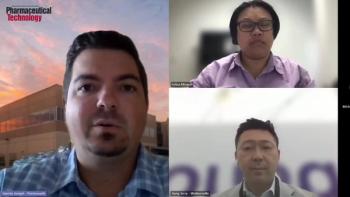
CGT manufacturing processes need automation as well as standardization, according to Lonza’s Joe Garrity and Jerry Jiang.
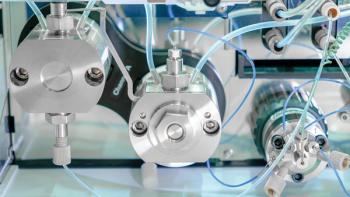
The biopharma industry is looking at continuous chromatography for sensitive molecules.
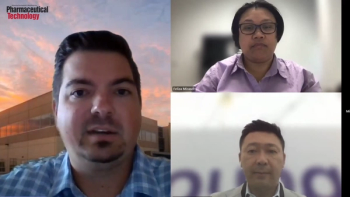
Joe Garrity and Jerry Jiang from Lonza share their insights on the latest trends and challenges for the commercialization of new CGTs.
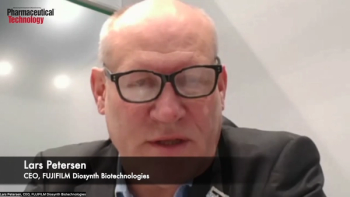
FUJIFILM Diosynth Biotechnologies CEO Lars Petersen highlights the company’s strategic goals and meeting market demand for mammalian cell culture capacity.

Raphael Townshend, founder and CEO of Atomic AI, speaks on AI’s usefulness in characterizing molecular structure and advancing molecular engineering.
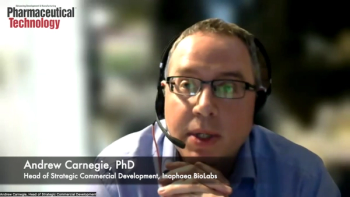
Andrew Carnegie of Inaphaea BioLabs explains the role of a translational CRO and of PDC models in drug discovery.
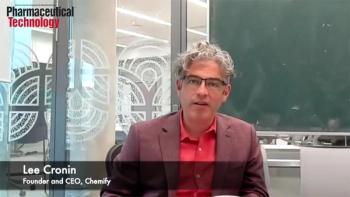
Chemify founder and CEO, Lee Cronin gives insight into the combination of digital chemistry, robotics, and AI in the drug discovery process.
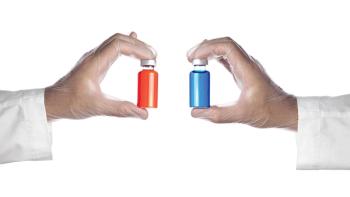
Biosimilar analytical assessments focus on demonstrating biosimilarity and interchangeability with the reference biologic.

CGT Catapult and CATTI have developed aligned training standards for the manufacture of advanced therapies.

Cellular Origins will apply its robotic platform to establish automated CGT manufacturing at CGT Catapult’s manufacturing innovation center in Stevenage, UK.

FDA’s priority review status was granted based on positive results from a Phase III study evaluating Sarclisa in combination with VRd in treating transplant-ineligible newly diagnosed multiple myeloma.

Under an agreement, Johnson & Johnson will acquire Numab Therapeutics’ wholly owned subsidiary to gain global rights to NM26, a bispecific antibody targeting atopic dermatitis.

Under this partnership, AGC Biologics and BioConnection will provide development and manufacturing capabilities for biopharmaceutical drug substance and drug product.

The Mirus Bio acquisition will boost Merck KGaA’s viral vector manufacturing services.
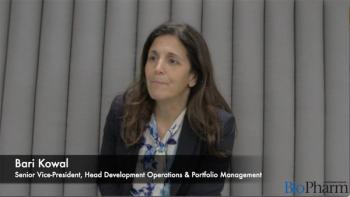
Regeneron’s Bari Kowal, senior vice-president, head Development Operations & Portfolio Management, gave insight into how the biopharma industry views the application of AI in R&D.

In an interview with BioPharm International® during the US Pharma and Biotech Summit, Ken Keller, president and CEO, Daiichi Sankyo, discusses what makes a good foundation for partnerships in the bio/pharmaceutical industry.

Studies conducted by a team at Oxford Biomedica demonstrated that HIC can be used to effectively separate non-deamidated capsids from deamidated capsids.